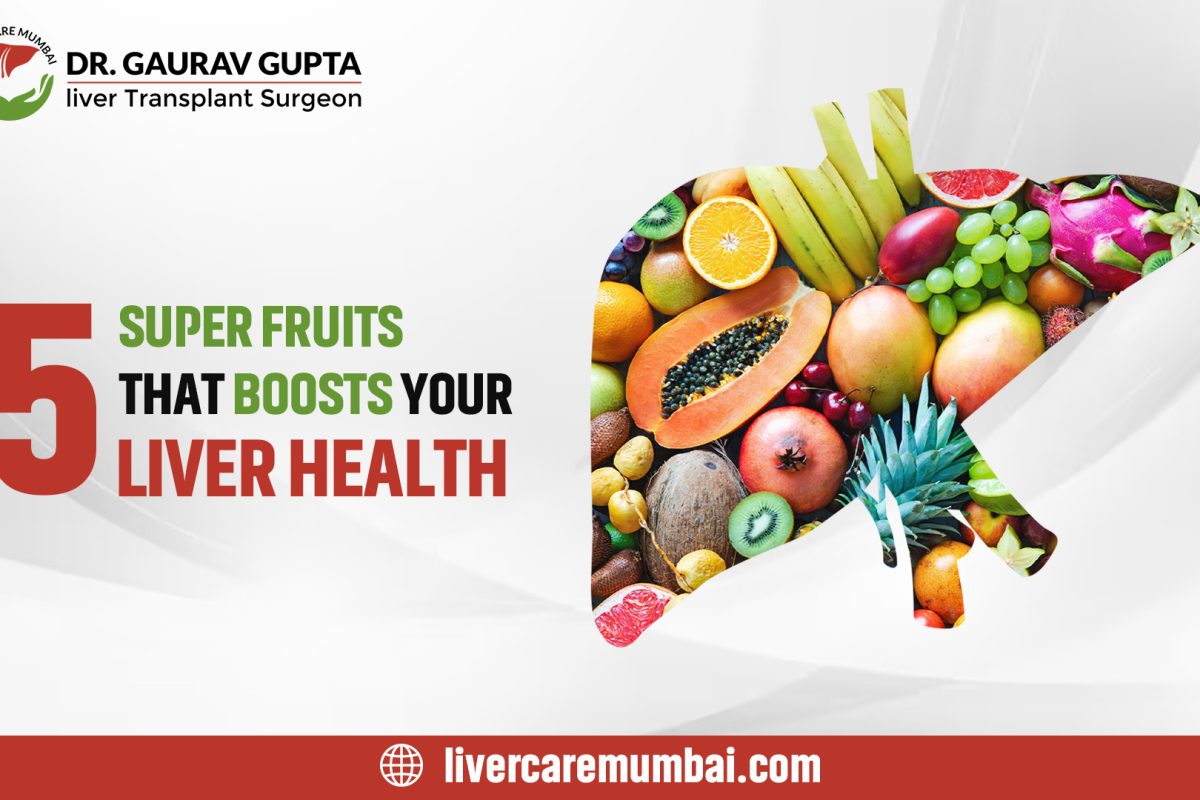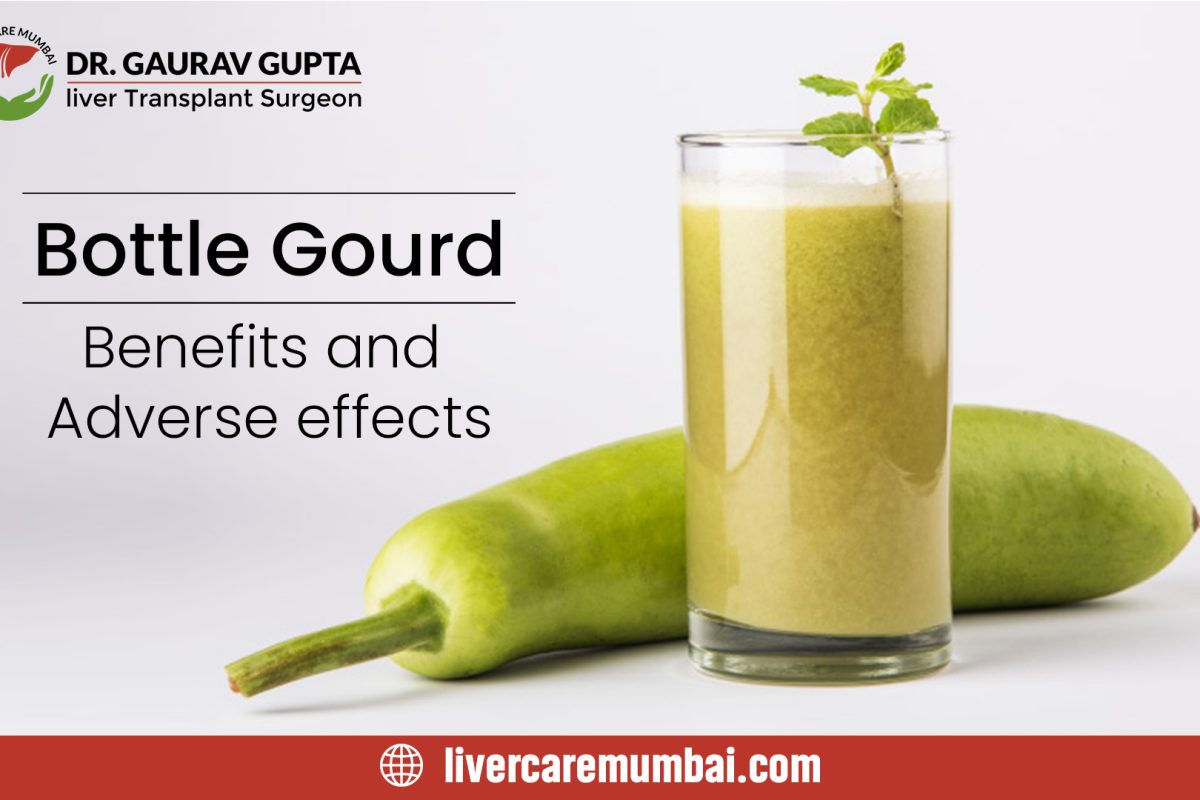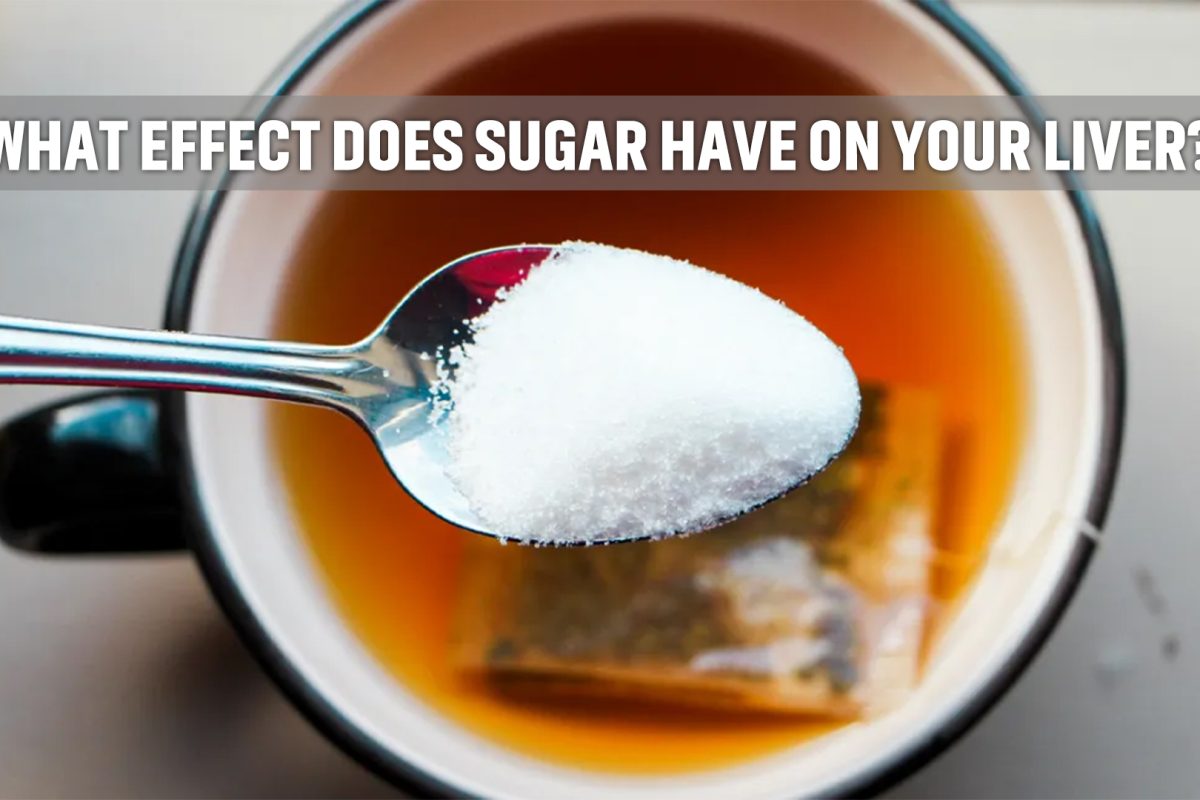5 Super Fruits that Boosts your Liver Health
Fruits and nuts are among the best foods for the liver when it comes to preventing liver disease.
The liver is one of the most important organs in our bodies, and a healthy, well-balanced diet rich in high-quality foods allows us to protect it from liver disease while also helping to prevent the development of other diseases that may affect it.
Fruits are among the most recommended foods for the liver that are extremely beneficial to the body, helping to reduce symptoms and cleanse the organ. Similarly, some fruits contain components that aid in nutrient absorption and digestive process metabolism.
Nutrition is essential for a healthy liver, but some fruits are healthier for your liver than others.
- Banana-
Bananas are high in vitamin B6, vitamin C, vitamin A, potassium, calcium, and magnesium. These nutrients are necessary for the body for proper functioning. Besides that, potassium is required to maintain sodium levels and to regulate the heartbeat.
Bananas are also rich in resistant starch, a type of fiber that is not metabolized or absorbed in the small intestine and thus enters the colon unaltered. As a result, the glucose it is made up of will not be absorbed by the body. This means that it shouldn’t cause an increase in blood glucose levels. In fact, it improves insulin sensitivity and lowers blood sugar levels, especially after meals, and can help prevent and even reverse the symptoms of fatty liver disease.
- Berries
Fruits high in antioxidants have been shown to benefit liver health.
The antioxidants found in berries slows down the development of lesions, fibrosis, and scar tissue in the liver.
Cranberries and blueberries (including extracts or juices) can aid in liver health. Consuming berries for three to four weeks protects the liver from damage. Furthermore, blueberries or blueberry extract increases immune cell response and antioxidant enzymes and have been shown to be effective in preventing the development of liver cancer.
- Grapes
Grapes contain vitamin C and magnesium, both of which are high in antioxidants. Antioxidants can significantly reduce inflammatory markers in the liver. They also help to boost your immune system and protect you from infections.
Red grapes can help detoxify the liver, which can boost its functioning by keeping cells healthy. Furthermore, eating grapes reduces liver, kidney, and abdominal fat weight and increases signs of antioxidant defense, primarily in the liver and kidneys.
- Papaya
Papaya seeds are high in nutrients and fiber, as well as antioxidants such as polyphenols, flavonoids, and monounsaturated fatty acids that are beneficial to human health. Antioxidants can help to maintain and extend the life of liver cells.
It has the potential to reduce inflammation and heal liver cirrhosis. Cirrhosis is a condition that impairs blood clotting and increases the likelihood of unexpected bleeding.
- Avocados
Avocados are another good source of healthy fats, as well as one of the best fruits for the liver. Avocados are also high in fiber, which helps to control hunger and digest food more slowly.
Furthermore, it is one of the most versatile fruits, as it can be used to make desserts, salads, dressings, sauces, and other dishes. Avocados are rich in Glutathione. Glutathione is a substance that can help in the detoxification of liver cells. It protects the liver and aids in the removal of potentially toxic substances from the body.
The liver is an important organ that helps to eliminate toxins from the bloodstream and metabolize fats and proteins. Taking care of your liver can enable you in living a healthy life. Proper nutrition is necessary for keeping the liver healthy and preventing it from collapsing.





